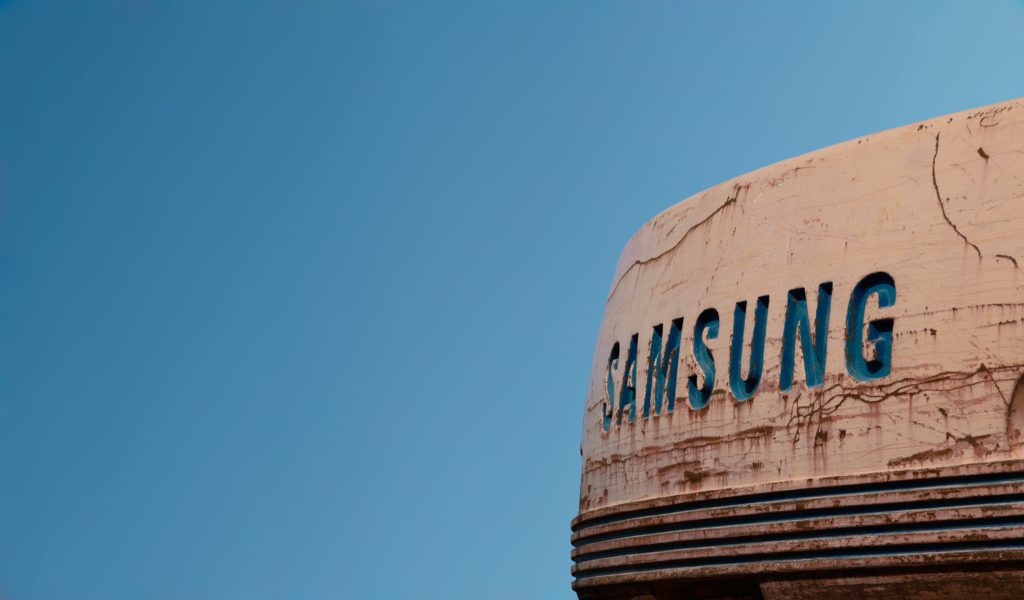How’s this for a big inheritance tax bill: $10.8 billion! The Samsung family announced that it would be paying the sizable amount after the death of Lee Kun-hee, the chairman of Samsung. South Korea has one of the highest inheritance taxes in the world, as reported in this recent article, “An Inheritance Tax Bill You ‘Can’t Fathom’: $10.8 Billion” from The New York Times.
The family is required to inform the tax authorities of how it plans to pay the bill by the end of May, and they did so very publicly, appearing in a news broadcast to announce their plans. Their statement was clear and simple: “It is our civic duty and responsibility to pay all taxes.”
Samsung is the biggest and most profitable family-run conglomerate in South Korea.
Mr. Lee was credited for transforming Samsung into a massive tech giant, but he was also reclusive, and one of his secrets was how he wished his wealth to be divided among his wife and three children upon his death.
His only son, Lee Joe-young, is the de facto leader of Samsung. If he inherits his father’s shares in the company’s many subsidiaries, it will boost his control of the company. However, it is still unclear how much he will inherit or how he will raise the $10.8 billion needed to pay the inheritance tax.
Analysts expect that he will sell some non-essential Samsung shares and secure bank loans. How the elder Mr. Lee’s fortune is divided will impact the future of the company.
The Lees are South Korea’s wealthiest family. Samsung reported that the $10.8 billion is more than half of the value of the father’s estate, and more than three times the total inheritance taxes collected by the government last year.
The family announced that it will donate his personal art collection of 23,000 works to national and provincial museums throughout South Korea. The collection has been estimated as worth $2.2 billion.
The Lees have also committed $900 million to fight the growth of infectious diseases and help children afflicted by cancer and rare diseases. Half of the money is dedicated to building the first hospital in the country dedicated solely to infectious diseases.
The generosity is from a family that has struggled with its public identity. In January, the son was imprisoned after being convicted for bribery. Recently, business groups have lobbied the government to pardon him, so he could lead the company as the semiconductor industry faces uncertainty.
The company has long been accused of trying to secure a father-son transfer of power at all costs, even if success required breaking laws, buying political influence and avoiding taxes. The senior Mr. Lee himself received a suspended three-year prison sentence in 2009 for evading taxes for assets he secretly inherited from his own father, Samsung founder Lee Byung-chull. The money was secreted in stock accounts opened in the name of his assistants.
Mr. Lee Jae-yong has run the conglomerate, since his father suffered a heart attack in 2014.
By law, the chairman’s widow is entitled to one-third of the total inheritance, with the rest split evenly between the three children. However, the wealthy families of South Korea often reach private agreements to ensure the eldest son remains in control of the company.
The family has a history of promising to use its wealth to benefit society, but reportedly has not kept its word until this recent announcement. Reaction from South Koreans is mixed, from skeptics who take a wait-and-see attitude, to others who are pleased by the large donations being made.
Reference: The New York Times (April 28, 2021) “An Inheritance Tax Bill You ‘Can’t Fathom’: $10.8 Billion”
Photo by Kote Puerto on Unsplash




